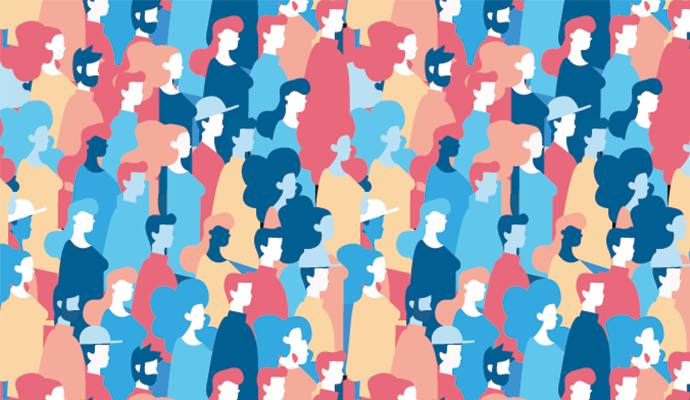Fiscal, Health Challenges That Coronavirus Poses To The Uninsured
The uninsured—who often have chronic conditions and service jobs—are the most vulnerable to the coronavirus, but not solely for medical reasons.

Source: Getty Images
- While for many in the US the novel strain of coronavirus sweeping the nation seems to pose little threat and some question the need for stringent mitigation measures, researchers from the Kaiser Family Foundation (KFF) have put together a better picture of those who are most vulnerable—both medically and financially—to the virus and why these measures are important.
For more coronavirus updates, visit our resource page, updated twice daily by Xtelligent Healthcare Media.
Risk may be grounded in age or health condition, a KFF survey explained. Those over the age of 60 are at high risk and those with a respiratory disease or other chronic condition are also at risk, regardless of age.
With those parameters in mind, the KFF survey found that over 40 percent of adults in the US over the age of 18 can be classified as being high risk for developing a more serious condition through contact with the new strain of coronavirus.
Six million of the nation’s high risk individuals are uninsured, a separate KFF brief stated.
Uninsured individuals work largely in service jobs, which are high-contact positions that interact closely with others. This means that many uninsured individuals are likely to come in contact with the coronavirus.
Nearly 500,000 of uninsured workers are cashiers, another 441,000 are maids and housekeepers, and about 380,000 are in retail—all of which have a tendency to shake hands, talk to others at close proximity, and unintentionally touch others or others’ bodily fluids while they assist them.
Service workers, however, are paid based on their hourly, in-person attendance and most uninsured workers do not get paid leave. In 2018, just under 75 percent of uninsured workers had no access to paid leave, according to the KFF brief.
As a result, uninsured service workers may have no source of income if they choose to self-quarantine. This may induce them to refuse to self-quarantine when they start exhibiting symptoms of the coronavirus which may lead to a greater spread of the coronavirus.
CMS has made waivers available that will enable providers to engage in presumptive enrollment, or essentially to enroll individuals in Medicaid on site if they receive an uninsured patient who may be eligible for Medicaid. However, this may not be enough in states that have not enacted Medicaid expansion.
The Families First Coronavirus Response Act, which passed in the House on March 14, mandates paid sick leave for public agency employees and private firms in the range of 50 to 500 employees, the KFF brief summarized. The law would also allow individuals with sick children or dependents to stay home and be compensated up to two-thirds of their usual pay for that time off, though this is not universal and comes with some restrictions.
The policy is not retroactive, however, so those who have already had to take time off for the coronavirus would not receive compensation.
The uninsured are more likely to avoid care not only in order to continue receiving their pay check but also out of fear of out-of-pocket healthcare spending and surprise billing. Uninsured individuals were six percent more likely to avoid a provider visit because the costs could be unaffordable.
Thus, while the Families First Coronavirus Response Act would, in the KFF researchers’ estimation, largely secure free testing for the uninsured, policymakers should also consider providing assistance for ushering the uninsured to treatment and ensuring that they have access to care. Many of the uninsured may have spent their adult lives avoiding care because of the costs, the KFF brief reminded, and as a result they will not know where to go for treatment even if they receive the free test.
Ensuring coverage and access to care for the uninsured will be a critical hurdle in stopping the spread of this disease. It may also shed a light on how to resolve flaws that have plagued the US healthcare system for far too long.
